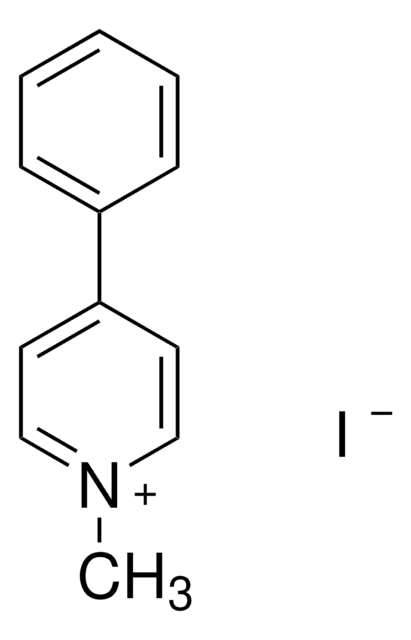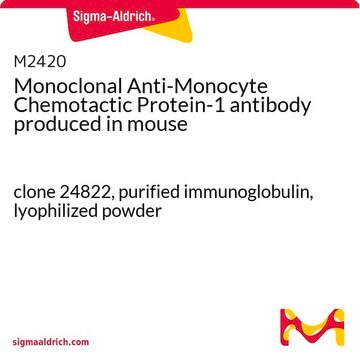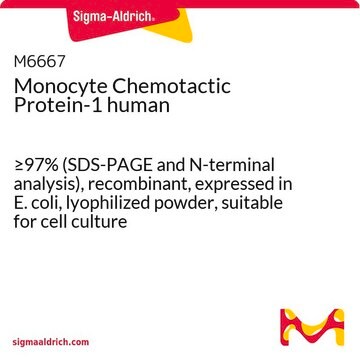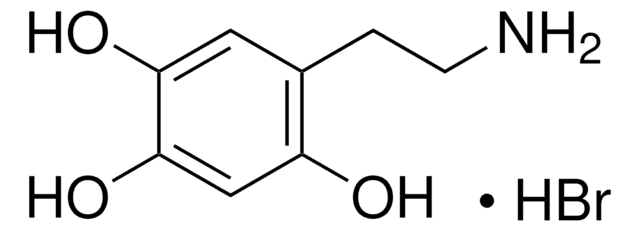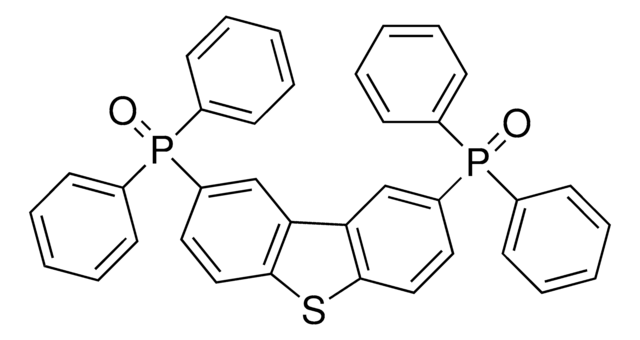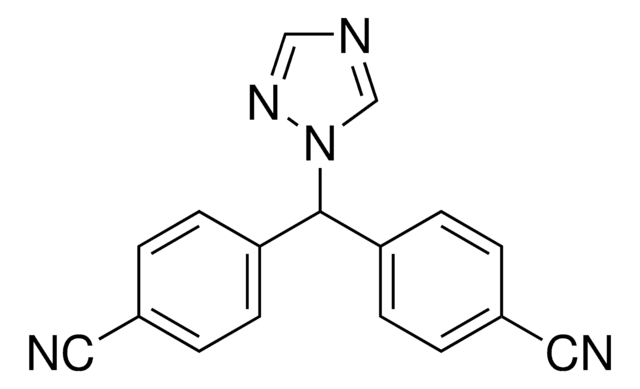M7068
MPP dihydrochloride hydrate
≥97% (HPLC), powder, estrogen receptor α agonist
Synonym(s):
1,3-Bis(4-hydroxyphenyl)-4-methyl-5-[4-(2-piperidinylethoxy)phenol]-1H-pyrazole dihydrochloride hydrate, Methyl-piperidino-pyrazole hydrate
About This Item
Recommended Products
Product Name
MPP dihydrochloride hydrate, ≥97% (HPLC), white, powder
Quality Level
Assay
≥97% (HPLC)
form
powder
storage condition
desiccated
color
white
solubility
DMSO: soluble ≥20 mg/mL
SMILES string
Cl.Cl.Cc1c(nn(-c2ccc(O)cc2)c1-c3ccc(OCCN4CCCCC4)cc3)-c5ccc(O)cc5
InChI
1S/C29H31N3O3.2ClH/c1-21-28(22-5-11-25(33)12-6-22)30-32(24-9-13-26(34)14-10-24)29(21)23-7-15-27(16-8-23)35-20-19-31-17-3-2-4-18-31;;/h5-16,33-34H,2-4,17-20H2,1H3;2*1H
InChI key
FWDNPWVVRVSJQH-UHFFFAOYSA-N
General description
Application
- in human breast cancer MCF-7 cells
- to pre-treat endometrial ex vivo organ cultures (EVOCs)
- to treat pituitary glands to monitor luteinizing hormone secretion
Biochem/physiol Actions
Storage Class Code
11 - Combustible Solids
WGK
WGK 3
Flash Point(F)
Not applicable
Flash Point(C)
Not applicable
Personal Protective Equipment
Regulatory Listings
Regulatory Listings are mainly provided for chemical products. Only limited information can be provided here for non-chemical products. No entry means none of the components are listed. It is the user’s obligation to ensure the safe and legal use of the product.
JAN Code
M7068-BULK:
M7068-VAR:
M7068-BULK-CR:
M7068-25MG:
M7068-10MG:
Choose from one of the most recent versions:
Certificates of Analysis (COA)
Don't see the Right Version?
If you require a particular version, you can look up a specific certificate by the Lot or Batch number.
Already Own This Product?
Find documentation for the products that you have recently purchased in the Document Library.
Customers Also Viewed
Our team of scientists has experience in all areas of research including Life Science, Material Science, Chemical Synthesis, Chromatography, Analytical and many others.
Contact Technical Service